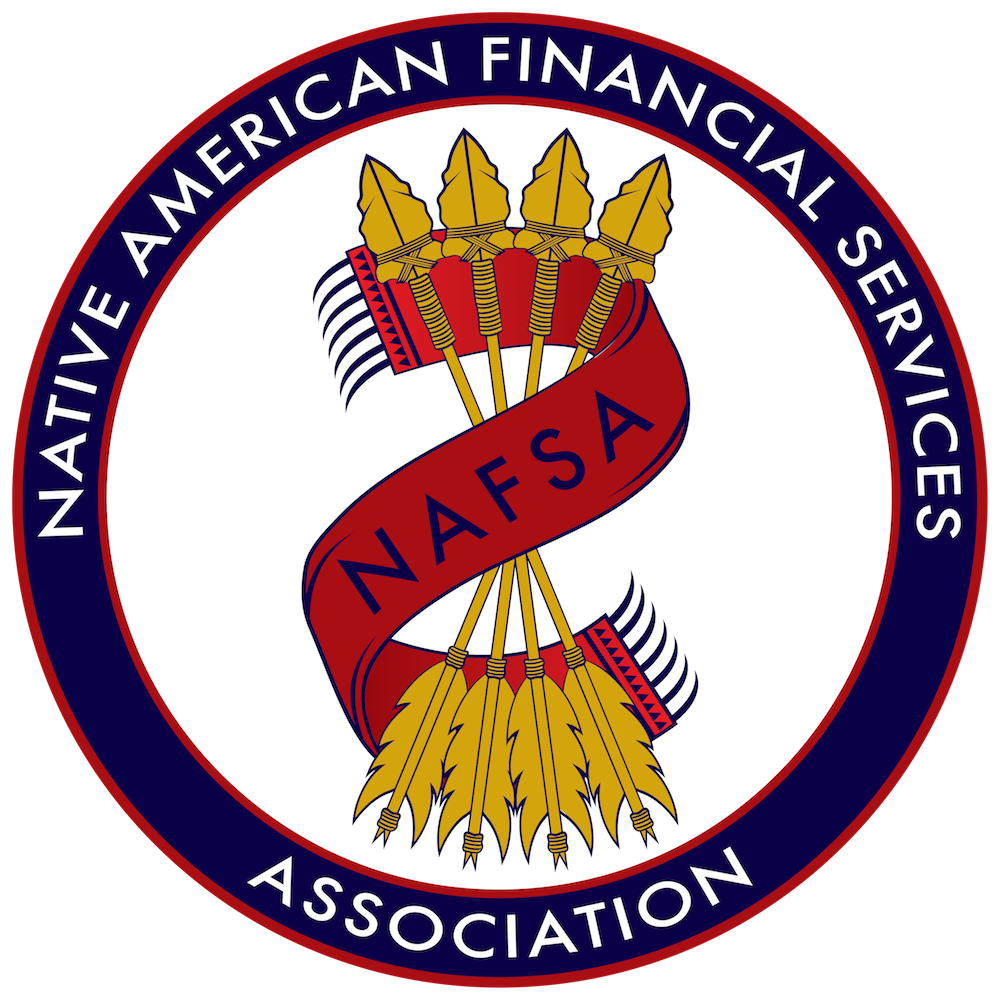The Latest Financial News
Delinquencies in Installment Loans Hold Steady in Second Quarter
Installment loan delinquencies held steady in the second quarter of 2018, according to the American Bankers Association (ABA). Since 2003, installment loan delinquencies for closed-end loans remain well below the 15-year average of 2.13 percent....
Rep. Waters Introduces Legislation Aimed at Countering Mulvaney’s Deregulatory Efforts at the CFPB
Representative Maxine Waters (CA-43) introduced a congressional bill titled the “Consumer First Act,” on Tuesday, October 3. The bill takes aim at Mick Mulvaney’s softer approach towards regulation as the head of the Consumer Financial...
Federal Reserve Official Defends Regulatory Decisions
Four government regulators met with the Senate Banking Committee on Tuesday to answer questions about the implementation of the regulatory relief bill - the Economic Growth, Regulatory Relief, and Consumer Protection Act (EGRRCPA) - which was...
Featured Resources
Our Digital Financial Literacy Program
Too many consumers mismanage their budgets, make poor investment decisions, and fail to properly plan for the future. NAFSA is committed to empowering people with the skills they need to change this trend and thrive financially. NAFSA’s Financial Literacy Program offers an assortment of digital modules covering a wide variety of financial topics, including building emergency savings, mortgage education, and retirement planning.
Tribal Online Lending Best Practices
NAFSA has developed Best Practices for the exclusive use of all NAFSA Members as it relates to their Tribal Online Lending businesses. We believe these Best Practices will help ensure consumer protection, quality service, and positive customer and industry interactions during the life of the loans made by tribal lending entities who are NAFSA members. Our Best Practices apply to all stages of the loan, including marketing, origination, servicing, collecting, and ongoing data privacy.
The Impact of Tribal Financial Services
Coming from a history of staggering unemployment rates, limited opportunities, and lack of access to fundamental resources, Native American tribes began online lending businesses to create real change for the future. Internet commerce has been a vehicle for supporting economic growth, tribal services, and tribal development. These are their stories.
Why NAFSA?
There are more than 570 federally-recognized tribes in the United States, many of whom are spread across in diverse areas. This has left a need for other tribal economic development opportunities to create sustainability and jobs on Native American reservations.
Tribal Financial Services:
![]() Create jobs & economic development on tribal lands
Create jobs & economic development on tribal lands
![]() Increase the financial independence of tribes
Increase the financial independence of tribes
![]() Deploy sovereignty & bolster tribal self-determination
Deploy sovereignty & bolster tribal self-determination

Our Mission
To advocate for tribal sovereignty, promote responsible financial services, and provide better economic opportunity in Indian Country for the benefit of tribal communities.






